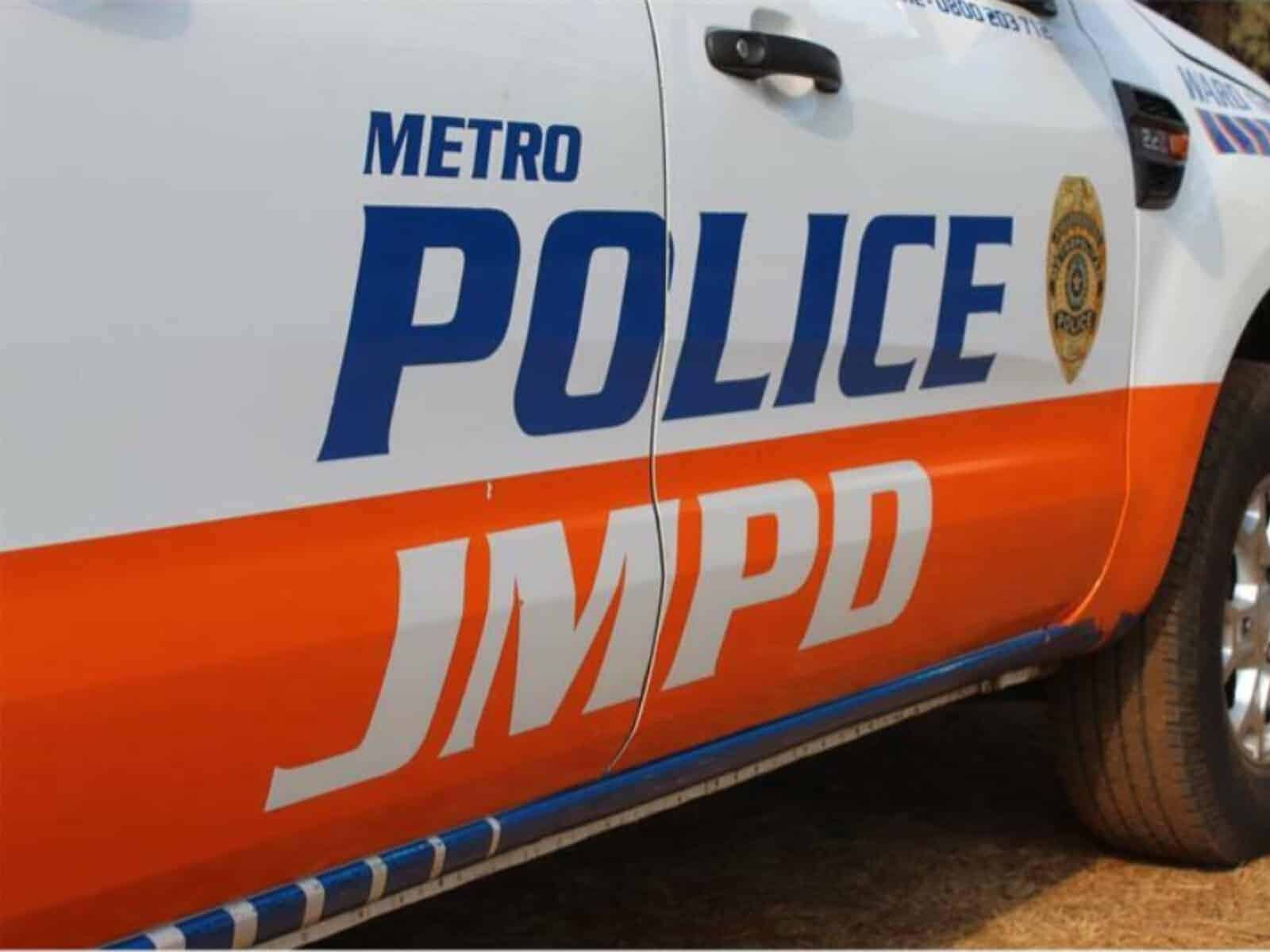Motorists may record law enforcement officers at roadblock as long as this does not impeded the carrying out of official duties.

The possibility of being caught in a roadblock in Johannesburg could increase as traffic police strive to meet targets.
Johannesburg Metropolitan Police Department (JMPD) have reportedly been given a R7 000 daily fine target, leaving motorist weary of officer behaviour.
Adding fuel to the fire, JMPD officers were last week accused of assault when a motorist filmed aggressive behaviour from officers who were challenged over their conduct.
JMPD jurisdiction
JMPD spokesperson Superintendent Xolani Fihla on Monday denied set quotas, stating that the department’s primary mandate was traffic and road safety.
“The performance of our officers is measured by their overall effectiveness in creating a safer environment for the community, and one of the ways is to issue citations, not by a predetermined target for fines,” he stated.
Fihla explained to The Citizen the difference in the two types of traffic stops and how interactions between motorist and officer would ideally progress.
“As a motorist in South Africa, you are under an officer’s lawful jurisdiction from the time you are stopped until you are released.
“When a uniformed officer instructs you to stop, you must comply. Your specific rights and the officer’s powers depend on the type of stop,” said Fihla.
He explained that a Section 13(8) operation is a formal, pre-authorised roadblock that would be accompanied by lane closures and a high number of officers and support vehicles.
“Officers have broad powers to stop all vehicles, conduct searches without a warrant, and can lawfully instruct you to exit your vehicle to facilitate a search.
“You are required to comply with these instructions. While you have the right to ask to see the written authorisation for the roadblock, you must still follow the officer’s orders,” said the superintendent.
Roadside checks
The second is a recently redefined “roadside check”, which is a “less formal” roadblock that allows officers to pull passing vehicles over at their discretion.
“They can ask for your driver’s license and vehicle documents, but cannot search your vehicle without a warrant unless they have a reasonable suspicion of a crime or your consent,” said Fihla.
DA Gauteng spokesperson for Community Safety, Michael Sun, took exception to the second definition, suggesting it blurred legal lines.
“By reclassifying illegal roadblocks as ‘roadside checks’, JMPD evades crucial legal requirements, including proper authorisation by a senior officer, clear signage, adequate warning to motorists, among others.”
Sun stated that the roadside checks were financially exploitative measures that placed additional strain on frustrated motorists.
“They do not contribute to regulating traffic flow, reducing accidents, or ensuring public safety; instead, they foster abuse, selective enforcement, and an erosion of public trust,” he said.
Fihla explained that in both situations, intoxicated drivers could be arrested based on observable behaviour or a failed breathalyser, after which a formal blood test becomes mandatory.
“Failure to comply with any lawful instruction from an officer is a criminal offence.
“Maintaining a calm and respectful demeanour and knowing your rights for each type of stop is crucial for a safe and lawful interaction,” Fihla concluded.
‘Avoid direct confrontation’
Officers conducting roadblocks must carry official identification, and motorists have a right to query the purpose of the operation, which could vary from crime prevention, targeted law enforcement or routine operations.
“You have a constitutional right to be treated with dignity. Police officers must conduct themselves professionally and may not intimidate, harass or discriminate against you,” stated Leahy Attorneys Inc.
The firm confirmed Fihla’s insistence that officers can search without a warrant if they suspect wrongdoing by observing suspicious behaviour or the potential concealment of drugs.
“If you feel a search is unlawful, don’t resist physically; instead, document the incident and contest it later through legal channels,” the firm stated.
Leahy Attorneys confirmed that motorists had the legal right to record interactions, so long as it did not prevent the officer from carrying out their duties.
“If you choose to record, it’s a good idea to inform the officer to prevent unnecessary conflict. Video evidence can be valuable if you later need to report misconduct.
“It is advisable to remain calm and avoid direct confrontation. Instead of refusing outright, comply where necessary and contest the matter later through the appropriate legal channels,” the firm concluded.
NOW READ: Motorists could become targets of aggressive revenue collection operations by JMPD, says DA
Support Local Journalism
Add The Citizen as a Preferred Source on Google and follow us on Google News to see more of our trusted reporting in Google News and Top Stories.






